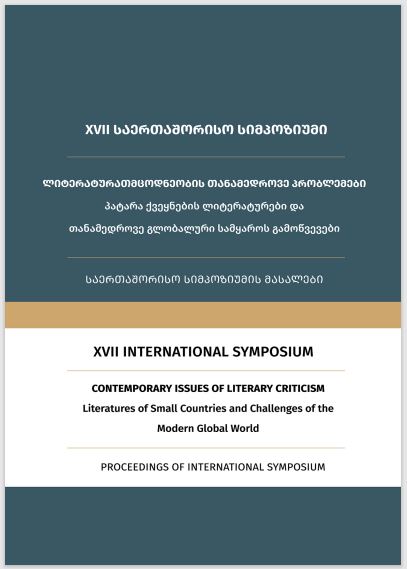The Institute of Censorship Committee of the Russian Empire and Georgian Language Policy (80s-90s of XIX century)
Published 2024-12-20
Keywords
- XIX century,
- Georgian Language,
- Russian Empire
Abstract
The Caucasian Censorship Committee’s 19th-century activities in Georgia reveal Russian imperial efforts to suppress Georgian identity. After banning mentions of Georgia in public discourse (1880s), the Committee amended Iakob Gogebashvili’s Bunebis Kari (1885), replacing "Georgia" with regional terms. Criticism of Georgian language education was forbidden, Russian was imposed, and teaching Georgian was sidelined or banned. Megrelian and Svani languages were promoted to fracture unity. “Mute teaching”
aimed to erode Georgian identity. Returning Muslim Georgians were labeled Turks, and separatists were expelled from education. This systematic censorship highlights the Empire’s strategy to dominate Georgia by undermining its language, culture, and unity.

